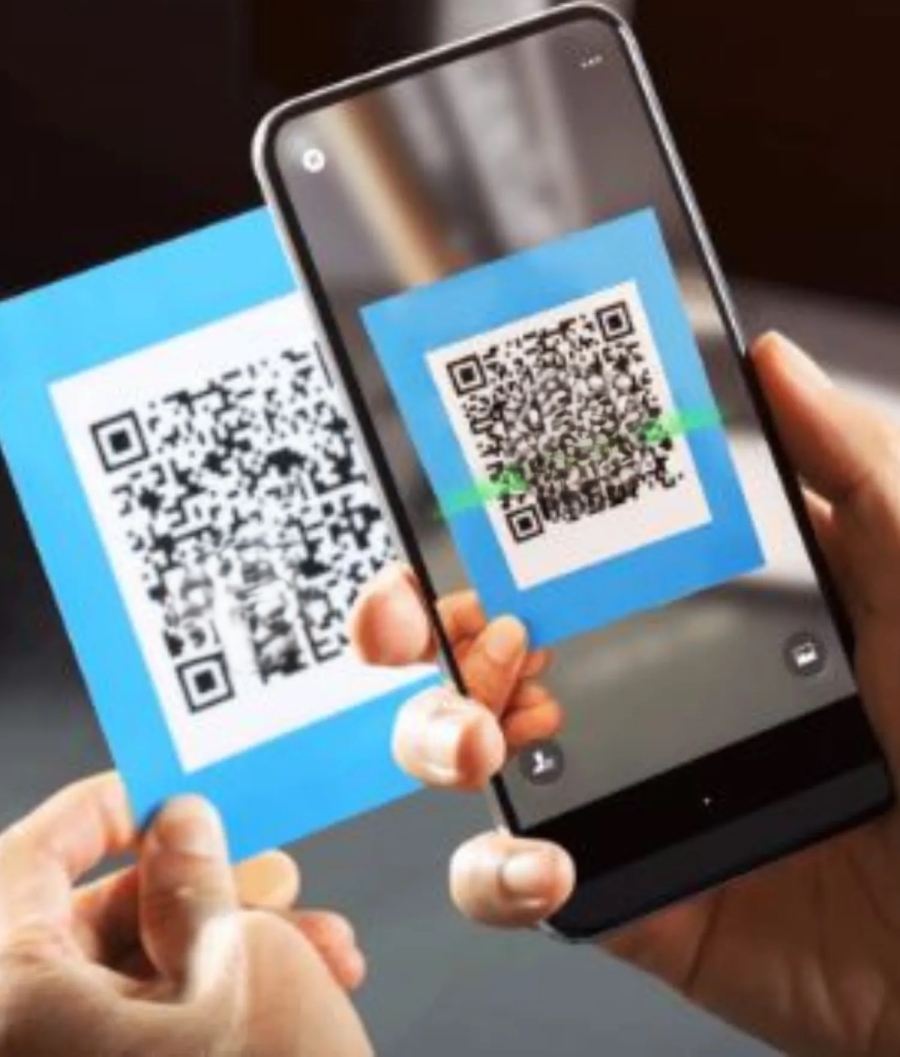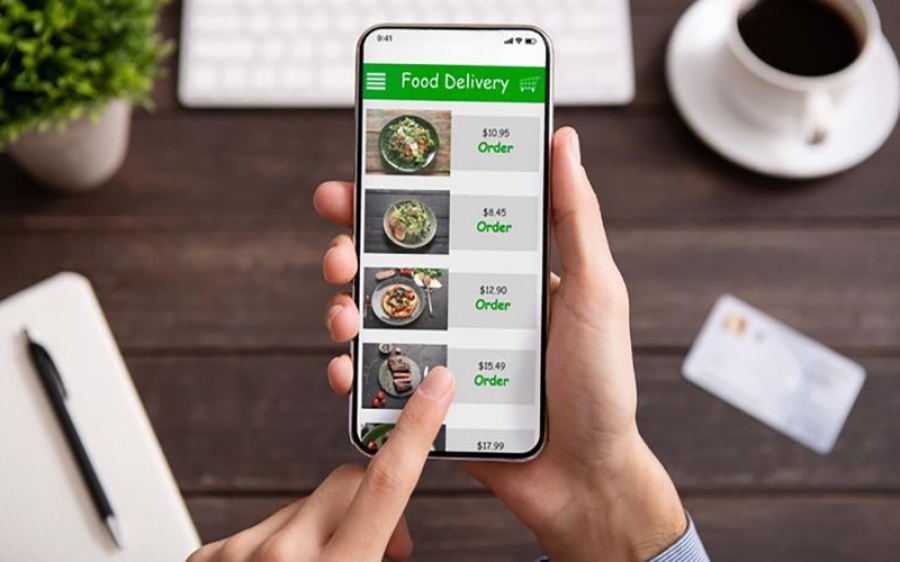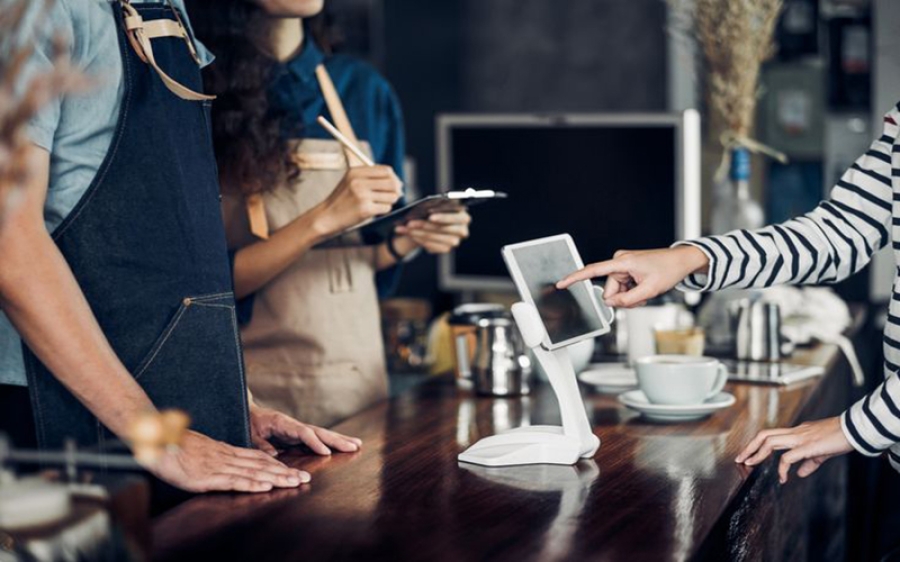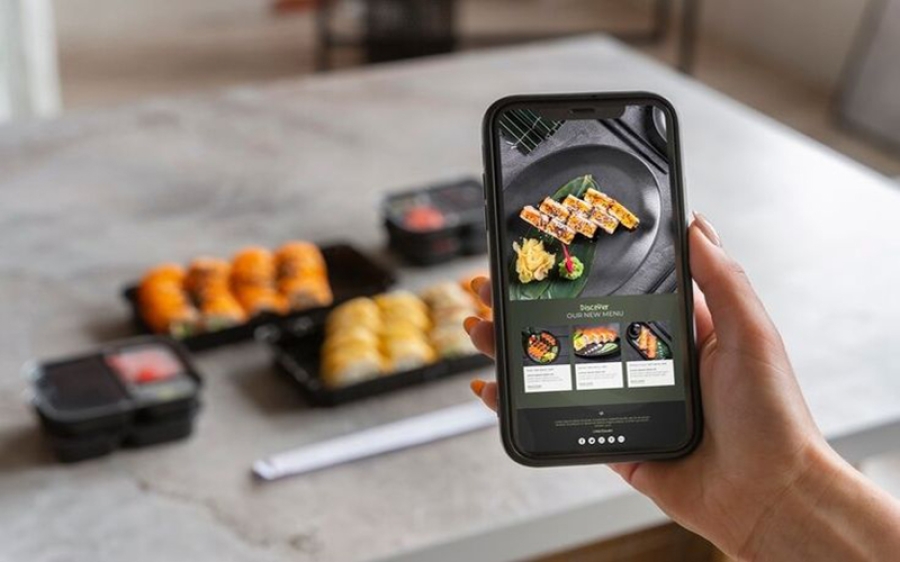Exploring Unique Uses of QR Codes Around the World
QR codes have become an integral part of our daily lives, revolutionizing the way we access information and interact with the world around us. From their humble beginnings in Japan to their widespread adoption across the globe, QR codes have found unique applications in different countries. Let's embark on a journey to explore some of the most intriguing use cases of QR codes from around the world.
Japan: Birthplace of QR Codes
Invented in Japan in the mid-1990s, QR codes were initially designed for tracking automobile parts during manufacturing. Today, Japan remains at the forefront of QR code innovation, with widespread use in various industries, including retail, transportation, and tourism. From mobile payments to interactive advertising, QR codes have become an essential part of everyday life in Japan.
China: Mobile Payment Revolution
In China, QR codes have played a crucial role in the mobile payment revolution. Services like Alipay and WeChat Pay allow users to make payments by scanning QR codes with their smartphones, eliminating the need for cash or credit cards. QR codes are also used for accessing public transportation, ordering food, and even making donations to charity.
Singapore: Safe Entry for Contact Tracing
During the COVID-19 pandemic, Singapore implemented Safe Entry, a national digital check-in system, to facilitate contact tracing efforts. QR codes are displayed at various venues, including malls, restaurants, and workplaces, allowing visitors to check-in by scanning the code with their smartphones. This has been instrumental in containing the spread of the virus and ensuring public safety.
Canada: Vaccine Passport Implementation
In Canada, QR codes are being used to facilitate the rollout of vaccine passports. These digital certificates allow individuals to provide proof of vaccination status when entering certain venues or traveling internationally. QR codes embedded in the vaccine passports contain encrypted information about the individual's vaccination status, providing a secure and convenient way to verify their immunization status.
Brazil: QR Codes for Social Assistance Programs
In Brazil, QR codes are being used to distribute social assistance benefits to low-income families. Government-issued QR codes are linked to individuals' bank accounts, allowing them to receive financial assistance directly to their accounts. This has streamlined the distribution process and reduced the risk of fraud, ensuring that aid reaches those who need it most.
Great Britain: NHS COVID-19 Contact Tracing App
In the United Kingdom, the NHS COVID-19 contact tracing app utilizes QR codes to log visits to various venues. Users can scan QR codes displayed at restaurants, pubs, and other establishments to check-in and receive notifications if they have been in close contact with someone who has tested positive for COVID-19. This has been instrumental in controlling the spread of the virus and protecting public health.
Vietnam: QR Codes for Food Safety
In Vietnam, QR codes are used to ensure food safety and traceability. QR codes are printed on food packaging, allowing consumers to scan them with their smartphones to access information about the product's origins, ingredients, and expiration date. This transparency builds trust among consumers and helps ensure the quality and safety of food products.
Germany: Digital COVID-19 Vaccination Certificates
In Germany, QR codes are incorporated into digital COVID-19 vaccination certificates, allowing individuals to prove their vaccination status when traveling or attending events. The QR codes contain encrypted information about the individual's vaccination history, providing a secure and convenient way to verify their immunization status.
Conclusion
From mobile payments and contact tracing to vaccine passports and food safety, QR codes have found diverse applications in countries around the world. As technology continues to evolve, we can expect to see even more innovative uses of QR codes that enhance convenience, efficiency, and safety in our daily lives.








